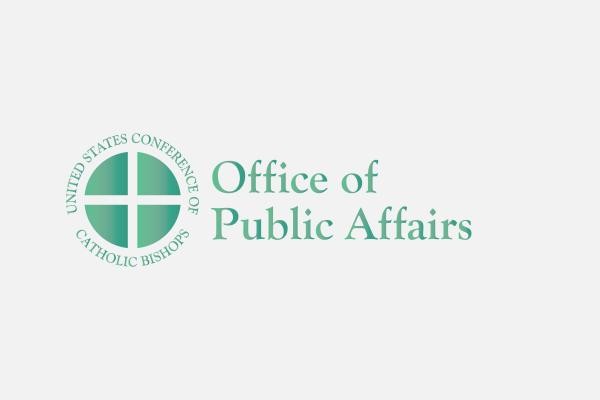Dialogue, Cooperation Among Religions Contribute to Unity
WASHINGTON – Collaboration among religious communities can contribute to the eradication of racism, xenophobia, andnationalism in civil society, a U.S. Cardinal told a conference of European and North American officials this week.
WASHINGTON – Collaboration among religious communities can contribute to the eradication of racism, xenophobia, andnationalism in civil society, a U.S. Cardinal told a conference of European and North American officials this week.
"Not content with tolerance and respect for each others' differences, inter-religious understanding and dialogue offer the hope of genuine mutual enrichment that can provide us with the resources necessary to overcome the darkness of violence and division," Baltimore Cardinal William H. Keeler said.
Cardinal Keeler made his remarks Monday during a Conference on Tolerance and the Fight Against Racism, Xenophobia, and Discrimination organized by the Organization for Security Cooperation in Europe (OSCE).He was named by Secretary of State Colin Powell to be a member of the U.S. delegation, which was led by Secretary of Housing and Urban Development Alphonso Jackson.
In his address, Cardinal Keeler raised two themes in particular with the delegates representing all the nations of Europe, as well as severalCentral Asian countries and the United States and Canada: the positive role religion can play in public life, and a renewed spirit of inter-religious encounter.
"While the state and religion clearly differ in their roles, they sharea goal of building up the common good for the benefit of the entire society," he said. "Though religion may be misused – even tragically attimes – or distorted, it can offer positive values to society and be a major force for healing the infection of racism and xenophobia."
Consequently, he said, governments should value and safeguard religion."Societies in which faith is marginalized and impoverished are diminished societies."
Cardinal Keeler also said that the persuasiveness of religions' call toovercome racism and bigotry requires greater dialogue and understandingamong religions themselves.
"We are called to listen to what other communities bring out of their own resources which may be complementary to or richer than our own," he told the conference. "This is more than tolerance or even respect: it is to be ready to receive from others what we may not fully possess on our own. Thus our legitimate differences may enrich our world, rather than divide it."
He acknowledged that Christians have "failed to extend the tolerance and understanding that we ourselves expect." He said Christians cannot expect discrimination and bigotry against them to cease until Christiansseek an end to discrimination against Jews and Muslims and "brothers and sisters of other faiths and no faiths."
"In order for religious communities to be 'agents of peace,'" he said, "it is necessary for us to engage in active and on-going collaboration. �I sincerely believe that communities of faith must play an indispensable role in building a better world and lasting peace among all peoples and races."
The Organization for Security and Cooperation in Europe (OSCE) is a multilateral forum involving all European states and several Central Asian countries, as well as the United States and Canada. The original Conference on Security and Cooperation in Europe (CSCE) was formalized in Helsinki, Finland, on August 1, 1975, when 35 leaders from Europe andNorth America signed the Helsinki Accords. This document is a politically binding agreement composed of three major parts addressing military, economic, and human rights issues.
The Conference on Tolerance and the Fight Against Racism, Xenophobia, and Discrimination, one of a series of OSCE conferences on these topics,was held September 13 and 14 in Brussels, Belgium.
NOTE: The full text of Cardinal Keeler's remarks can be found at: https://www.usosce.rpo.at/archive/2004/09/Keeler_Introductory_Remarks_Session_2.pdf


